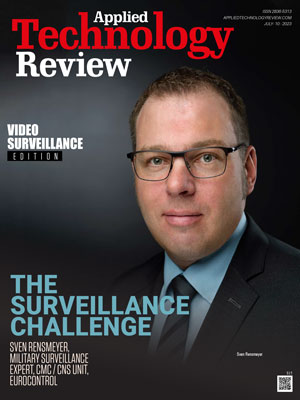In an increasingly complex and interconnected world, ensuring public safety is a paramount concern for any society. One of the tools employed to tackle this challenge is video surveillance. Video surveillance systems have become ubiquitous, deployed in public spaces, transportation hubs, commercial establishments, and even private residences. While these systems offer undeniable benefits, it is crucial to strike a delicate balance between security and privacy. This editorial examines the implications of video surveillance and advocates for responsible implementation to safeguard both individual liberties and collective security.
Video surveillance has proven to be an effective tool in deterring criminal activities, assisting law enforcement investigations, and improving emergency response. The presence of cameras can act as a deterrent, discouraging potential wrongdoers from engaging in unlawful acts. Furthermore, surveillance footage can provide crucial evidence in identifying and prosecuting criminals, ultimately leading to a safer society.
To ensure public trust in video surveillance, transparency and accountability are paramount. Clear guidelines must be established regarding the purpose and scope of surveillance, as well as the retention and destruction of data. Additionally, oversight mechanisms, such as independent review boards, should be established to monitor the implementation and adherence to these guidelines. Engaging in public consultations and education initiatives can foster a better understanding of the benefits and limitations of video surveillance systems.
In an ever-evolving world, video surveillance systems play a vital role in maintaining public safety. However, their implementation must be approached responsibly, striking a careful balance between security concerns and individual privacy rights. Governments, organizations, and individuals must collaborate to ensure that robust legal frameworks, privacy safeguards, and oversight mechanisms are in place. By doing so, we can harness the benefits of video surveillance while preserving the fundamental rights and freedoms of every individual in our society.


















